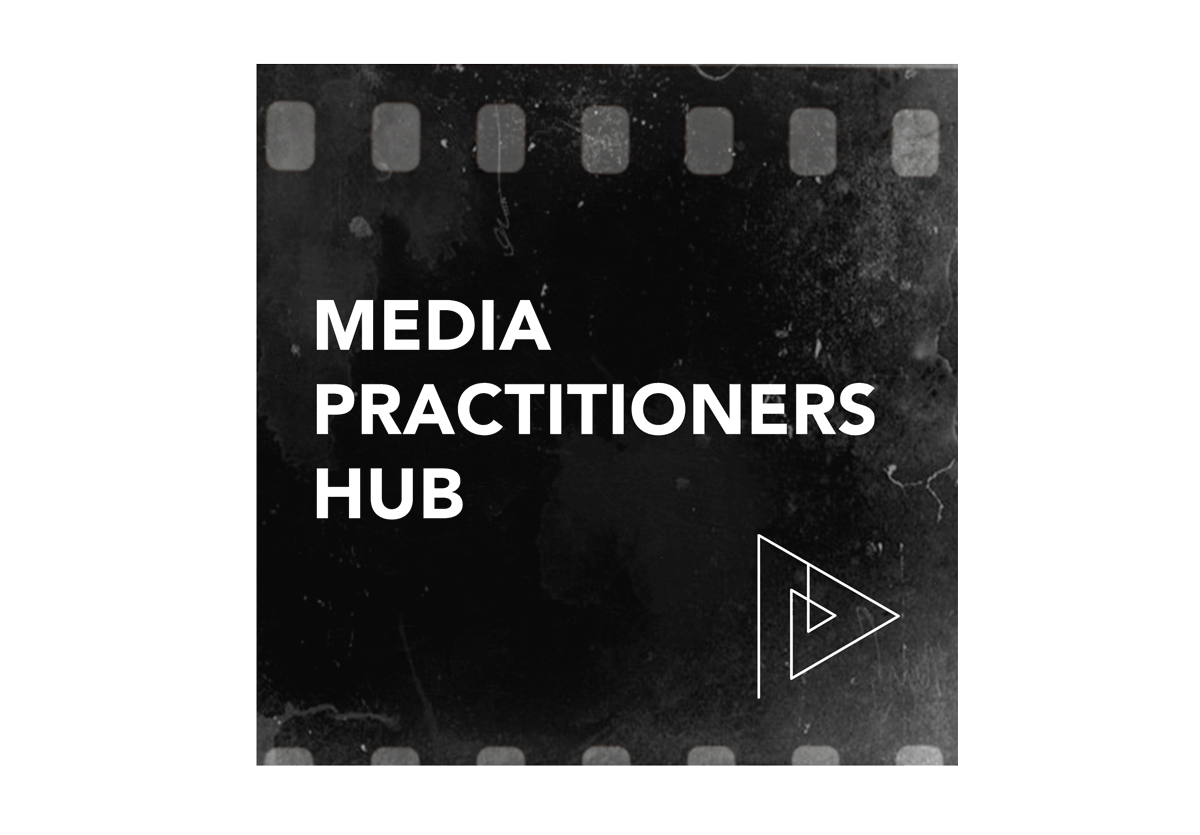(updated 28 Oct 2020)
(Please note that the information contained in these pages are provided – “as is”, – with no guarantees of completeness, accuracy, – or timeliness. SAMPP assumes no responsibility or liability for any errors or omissions.)
Defining freelancers, self-employed persons, and sole proprietors
A significant portion of the media workforce comprises freelancers, self-employed persons (SEPs), sole-proprietors (SPs).
Yet many – may not know what these terms mean, much less the rights and protections – afforded to the different groups of workers, under Singapore law.
Freelancer versus Employee
As a practising freelancer or someone considering this career path, it’s important to understand the difference between a freelancer and an employee. You need to know your rights and obligations as a worker, including whether you are covered under the Employment Act.
Many freelancers – adopt the mindset of employees.
“The company decided the terms of the project, I don’t have a choice.”
This is a common concern of freelancers, and this misconception may lead to unnecessary misunderstandings with their clients.
Having the mindset of an employee can lead you to place certain expectations on the client.
Freelancers, SEPs, SPs –are not employees. They are not covered under the Employment Act- or the Work Injury Compensation Act. They are not entitled to any statutory benefits such as overtime pay and rest days, and do not receive mandatory employer CPF contributions. They are regarded as businesses, dealing with other businesses (clients). So if you’re a freelancer, you’ll need to make sure you start knowing some business and legal fundamentals.
The difference between an employee and a freelancer is not clear cut and simple.
